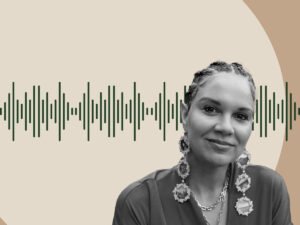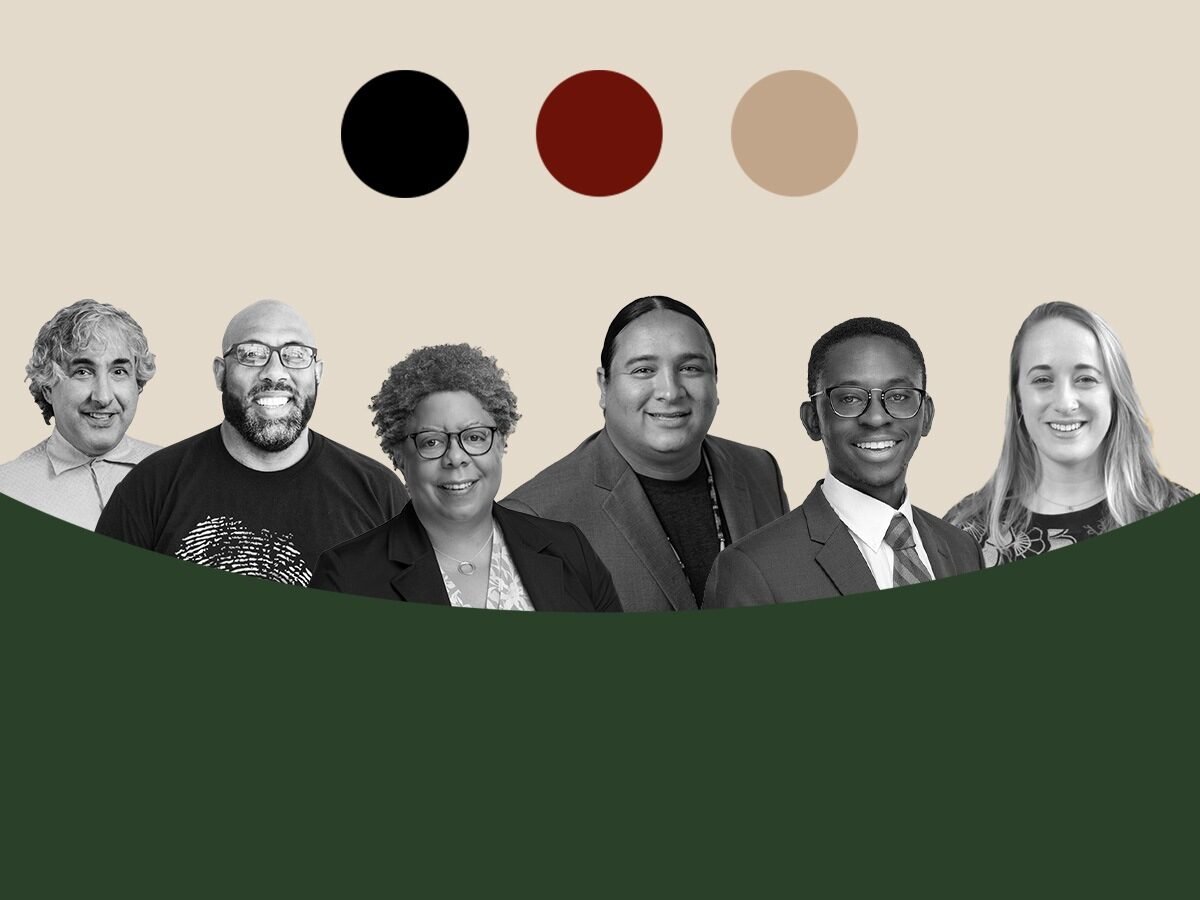Click here to download accompanying slides
If you are interested in racial and economic equity—in community development, rural development, food security, the environment, and a host of other issues—you should understand the basics of land justice.
If you want to rebuild the economy, it is hard to ignore the importance of the land. It is where we grow our food, build our homes, gather for recreation, and live our lives. Ownership of land is also highly concentrated. Real estate, in fact, has been a key means by which the nation’s vast economic and racial wealth gaps have been reinforced and widened. It must also be acknowledged that, except for the two percent of the US population who are Native American, we all live on what is ultimately stolen land.
Fortunately, nonprofit and movement activists in recent decades have devised a growing range of strategies to counteract and reverse the trend toward further concentration of land ownership. To help you explore the practical range of options your organizations can consider, this second webinar in NPQ’s “Remaking the Economy” series explores these issues. The 90-minute webinar, one in a seven-part series on nonprofits’ roles in remaking the economy, connects you with experts whose knowledge is grounded in the field to discuss the strengths and challenges inherent in pursuing various practical, community-based, democratic land ownership and stewardship strategies.
Sign up for our free newsletters
Subscribe to NPQ's newsletters to have our top stories delivered directly to your inbox.
By signing up, you agree to our privacy policy and terms of use, and to receive messages from NPQ and our partners.
The webinar begins with an interview with Nick Tilsen, a cofounder of Thunder Valley Community Development Corporation on Lakota land in Pine Ridge, South Dakota, and now a cofounder of a new organization called the NDN Collective that works with Native Americans across the country.
The interview is followed by a panel discussion that includes Tamara Jones, executive director of the Southeastern African American Farmers’ Organic Network (SAAFON); Diane Linn, executive director of Proud Group community land trust in Portland, Oregon; Neil Thapar, Farm and Food Program lead for the Sustainable Economies Law Center in Oakland, California; and Neil’s Oakland colleague, Gregory Jackson, partnerships director at the East Bay Permanent Real Estate Cooperative (East Bay PREC).
In this webinar, you’ll learn about a wide range of issues including land recovery efforts in the Black Belt of the South, the role of community land trusts in preserving both affordable housing and farmland, and different mechanisms, including land cooperatives, by which land can be held in common, enabling there to be a much more equitable distribution of land than our country has presently.
This webinar explores:
- What are core principles that can guide nonprofits in their approaches to the ownership and stewardship of land?
- How do key tools that promote democratic ownership of land, such as community land trusts and land cooperatives, work?
- What is required to decolonize wealth and ownership of the land?
- What are points of leverage available to nonprofits and movement leaders?
- What is the ecosystem that helps nonprofit land strategies to succeed?
- What shifts in thinking, practice, and culture are required?
You can also access Session 1 of this series here. You can sign up to be notified about additional webinars in NPQ’s “Remaking the Economy” series here.













